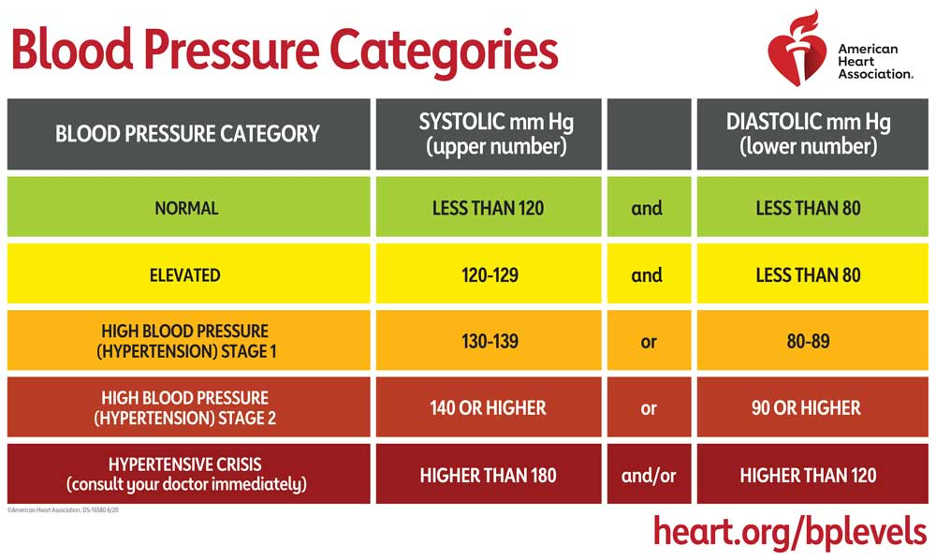Blood Pressure 101: Your Simple Guide to Understanding It
Managing your health can feel overwhelming with all the advice out there. However, one number you should keep an eye on is your blood pressure. High blood pressure can greatly increase your risk of heart disease and stroke, two of the leading causes of death in the United States.
Understanding and managing your blood pressure is essential for your overall health. Let’s break down what it is and how you can keep it in a healthy range.
What is Blood Pressure?
Blood pressure is the force of blood pushing against the walls of your arteries as your heart pumps. It’s measured with two numbers:
- Systolic Pressure (top number): The pressure when your heart beats.
- Diastolic Pressure (bottom number): The pressure when your heart is at rest between beats.
These numbers give you a clear picture of your blood pressure and heart health.
Why it’s Important?
Knowing your blood pressure is key to maintaining heart health. Regular monitoring helps detect and prevent potential issues before they become serious.
High blood pressure can develop slowly over time, damaging your arteries and heart if ignored. On the other hand, low blood pressure can lead to dizziness or fainting. Keeping track of these numbers is crucial for managing your health.
Healthy levels vary from person to person. The American Heart Association provides general guidelines, but it’s important to consult your doctor for an accurate assessment.

*Please keep in mind that the numbers provided are reference ranges and are not intended for self-diagnosis. For an accurate assessment of your health, consult with your doctor.
Factors That Impact Blood Pressure
Various factors can influence blood pressure, some of which can increase your risk while others can help reduce it. By understanding these factors, you can make informed choices to protect your heart and well-being. It’s essential to recognize what may put you at greater risk and what actions you can take to maintain healthy levels.
Several lifestyle and health factors can influence your levels. Understanding these can help you make choices that support healthy levels:
- Diet: Foods that are high in fats, especially saturated fats like those found in processed foods, can negatively impact it. Too much sodium (salt), sugar, and alcohol also increase risk.
- Physical Inactivity: Being inactive increases chances of high levels.
- Weight: Being overweight strains your heart, raising your blood pressure.
- Stress: High stress can cause temporary spikes in blood pressure, so managing stress is vital.
- Sleep: Poor sleep can negatively impact it, making good sleep habits important.
- Family History: If high blood pressure runs in your family, regular monitoring is even more critical.
Maintaining healthy blood pressure is essential for your well-being. Here are some practical tips to help you reduce your risk:
- Stay Active: Eat a balanced diet and exercise regularly to keep your heart healthy and maintain healthy levels.
- Manage Stress: Reducing stress through mindfulness, meditation, or hobbies can positively affect it.
- Avoid Smoking and Excessive Alcohol: Both can raise your levels and harm your health. Adopting healthier habits can improve your overall well-being.
- Monitor Regularly: Keep track of your blood pressure at home or during routine check-ups to stay informed about your health.
Your Path to Better Heart Health
Managing your blood pressure is crucial for your overall health. Eating well, exercising, managing stress, and avoiding smoking and excessive alcohol are important steps you can take to keep it in check.
For a simple way to test your blood pressure and other key health factors, consider VirtualCheckup. It allows you to connect with certified nurse practitioners from home for personalized advice and support. It’s a convenient way to stay on top of your health.
Remember, small, consistent actions can lead to big improvements. Stay informed, make healthy choices, and seek support when needed.